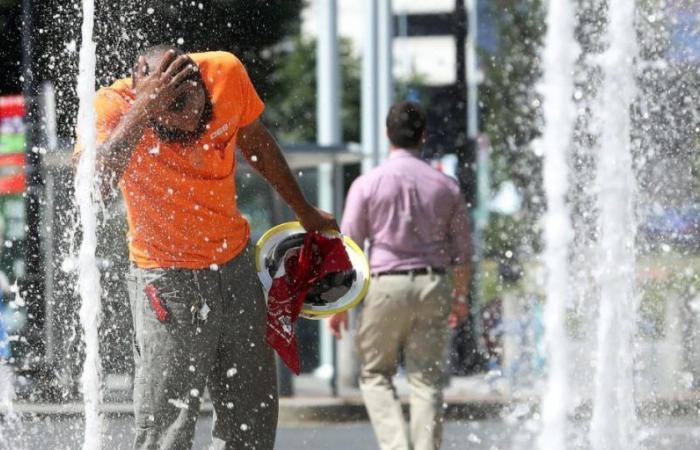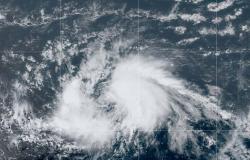Regarding climatic conditions, USA made the news due to the incessant heat wave that hit the Northeast in recent days. The last week of the month begins with good news for the inhabitants of that region, contemplating that the temperature begins to gradually decrease; different are the news for residents in the Southeast, Mid South and the Plainscontemplating that the suffocating temperatures are moving there.
He National Weather Service (NWS) warns that the heat wave will extend into next week, with temperatures that could reach 100 degrees Fahrenheit (37.8 degrees Celsius) in some regions. This represents a danger for millions of people, because persistent heat and high nighttime temperatures will aggravate thermal stress and put a considerable percentage of society at risk, especially children, the elderly and people with chronic diseases.
Almost 119 million people in USA are under a heat alert, according to the National Integrated Heat Information System (NIHHIS). The tool NWS HeatRisk and the Centers for Disease Control and Prevention (CDC) warns of high risk of heat-related impact in several states, with extreme temperatures forecast for Oklahoma, Arkansas, Louisiana, Georgia and Florida.
Heavy sweating, fatigue, weak pulse, cold, pale or clammy skin, headache, dizziness, nausea and fainting are some of the signs detected by the exhaustion generated by intense heat. For this reason, it is recommended that if these symptoms occur, it is crucial to move the person to a cool, airy place, offer them fresh water, and seek medical attention if they persist or worsen.
Heat stroke is a medical emergency that requires immediate attention. Symptoms include headache, confusion, nausea, dizziness, body temperature above 103 degrees Fahrenheit (39.4 degrees Celsius), hot, red, dry or clammy skin, rapid pulse, and fainting or loss of consciousness.
Recommendations to protect yourself
- Limit exposure to heat: Avoid outdoor activities during the hottest hours of the day.
- Stay in cool places: Look for air-conditioned or shaded places if possible.
- Drink a lot of water: Constant hydration is essential to prevent heat exhaustion.
- Wear light, loose clothing: Avoid dark or tight clothing that can trap heat.
- Monitor family and friends: Pay special attention to people most vulnerable to heat.






